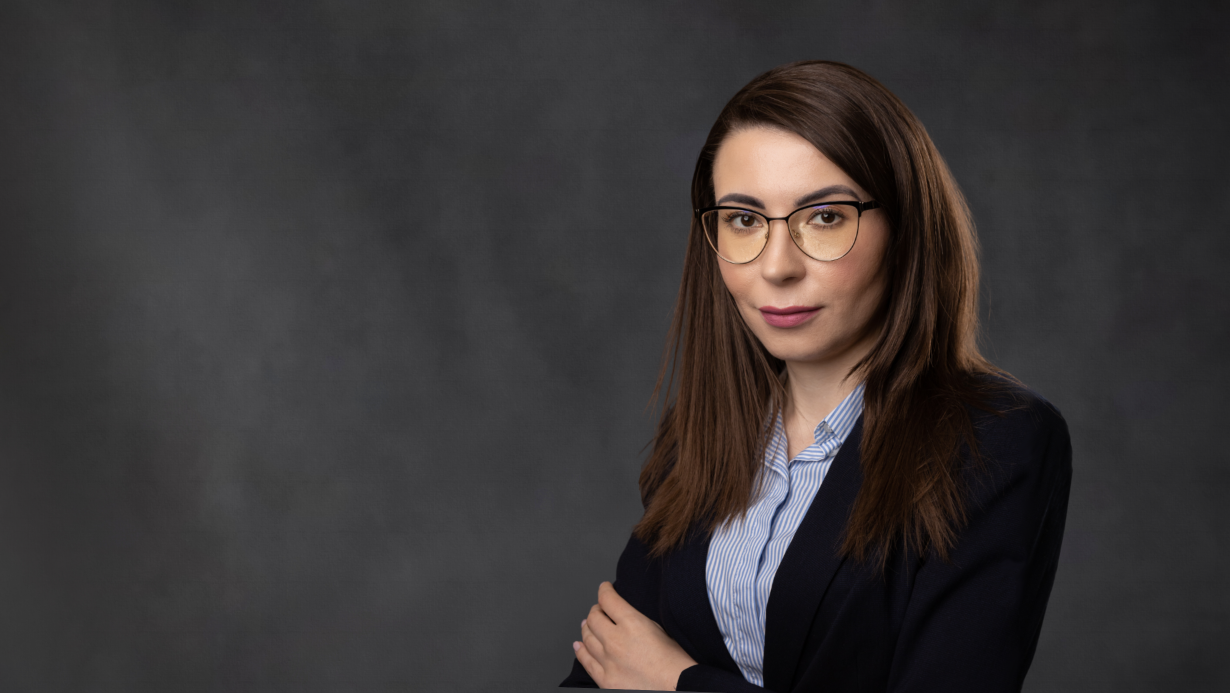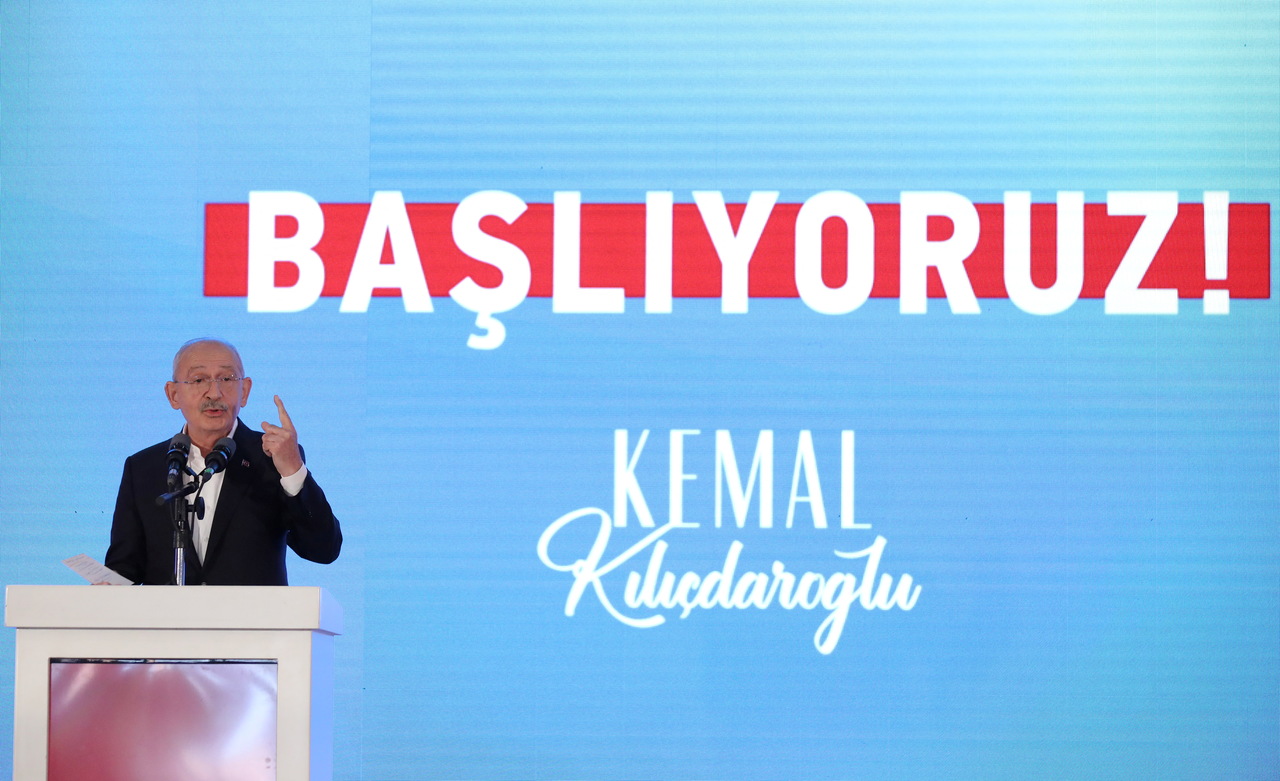Erdoğan's Re-election as President Raises Concerns among Allies
Recep Tayyip Erdoğan’s win in the presidential election and ministerial appointments promises to further weaken democracy, move Türkiye further away from EU standards, and continue so-called personal diplomacy and transactionalism in foreign policy. This could prolong the Turkish parliament’s ratification of Sweden’s accession to NATO.
.jpg) UMIT BEKTAS / Reuters / Forum
UMIT BEKTAS / Reuters / Forum
On 1 June, the Supreme Electoral Council confirmed that incumbent President Erdoğan won 52.18% of the vote in the second round of elections, while Kemal Kılıçdaroğlu received 47.82% of the vote. In parliamentary elections held concurrently with the first round, the incumbent ruling People’s Alliance, with the presidential Justice and Development Party (AKP) playing a key role, won with 49.50% support and 323 seats in the 600-seat parliament. The opposition People’s Alliance, with the Republican People’s Party (CHP) and the Good Party (İP) playing a central role, received 35.04% support and 213 seats.
Erdoğan and the Ruling Camp after the Elections
Winning re-election and a majority in parliament enables Erdoğan to further monopolise power, ensures the continuity of clientelist networks, and allows him to continue his conservative-nationalist domestic policies. Despite the electoral success, the AKP’s position in the People’s Alliance has weakened. The grouping received 35.6% support, compared to 42.6% in 2018. A good result was achieved by the AKP’s coalition partner, the Nationalist Action Party (MHP), for which support stood at 10.14%, helped by its spreading the narrative of opposition cooperation with the West and the pro-Kurdish Peoples’ Democratic Party (HDP).
The government’s priority will be to rebuild the southeastern areas of Türkiye affected by the earthquake, as well as to address economic problems, including skyrocketing inflation. In June this year, the value of the Turkish lira fell to a record low of about 23.7 per $1 (compared to about 17 a year earlier and about 8.7 in 2021). The task of stabilising the economy will be led by Treasury and Finance Minister Mehmet Şimşek, who held the post in AKP governments from 2009 to 2015. He is a proponent of conventional monetary policy, which in Turkish terms is expected to include raising interest rates.
The Situation of the Opposition National Alliance
The opposition’s defeat caused the breakup of the electoral coalition National Alliance, which consisted of six parties, as well as a dispute within the largest party, the CHP. Kılıçdaroğlu has not given up the leadership, a move criticised by CHP-affiliated Istanbul Mayor Ekrem İmamoğlu, suggesting he is ready to take over the leadership. The second-largest party in the coalition, the İP, despite high expectations, won 9.69% of the vote (43 seats in parliament) and decided that the People’s Alliance had ended with the election and that the party would continue working outside the coalition. However, it declared the possibility of working with the CHP in next year’s local elections. The CHP pledges to continue “fighting for democracy” and hopes to maintain the electorate’s mobilisation potential in order to renew its electoral success in Istanbul.
International Dimension
The EU says it wants to improve relations with Türkiye, but that does not mean a quick restoration of trust. This is due to the regression of Turkish democracy and human rights. Türkiye’s unilateral foreign policy in the Eastern Mediterranean, Syria, and Libya is also a challenge in its relations with the EU.
Continued opposition to Sweden’s accession to the North Atlantic Alliance stems from Türkiye’s stance on terrorism. It points out that Sweden is home to members of the Kurdistan Workers’ Party (PKK) and representatives of organisations affiliated with it, such as the People’s Self-Defence Units (YPG) and the Democratic Union Party (PYD), which played a key role in defeating ISIL in Syria, and which the Turkish authorities and the EU and U.S. consider terrorist organisations. Although Sweden tightened anti-terrorism laws from 1 June this year and decided to extradite a Turkish citizen accused of supporting the PKK, Türkiye continues to oppose the country’s membership in NATO and argues that it has still not taken sufficient action to meet its expectations.
The economic crisis and the need to raise funds for the reconstruction of earthquake-stricken areas are working in favour of continuing the normalisation process with Gulf Arab states. Türkiye antagonised relations with them, particularly with Saudi Arabia and the United Arab Emirates (UAE) during the Arab Spring when it lent support to the Muslim Brotherhood, which the UAE and the Saudis consider a threat. Further escalation was triggered by Turkish support for Qatar during the 2017 blockade. The conciliatory stance adopted by Türkiye in recent months has been met with a positive response from Arab partners, such as Saudia Arabia depositing $5 billion in the Central Bank of Türkiye through the Saudi Development Fund in March this year.
To mitigate the negative public sentiment for the government camp regarding the presence of Syrians (polls last year showed that 81.7% of Turks want them to return to their country of origin), it will be important to continue returning some refugees. In May this year, Mevlüt Çavuşoğlu, the head of the Turkish Foreign Ministry at that time, pointed to the need to prepare infrastructure for refugee returns, ensure security, and cooperate with the UN on the issue. An element of the solution is also expected to be not returning all refugees to Syria, given the high demand for workers in Türkiye’s agricultural sector and industry. Both the new head of Türkiye’s intelligence agency, MIT İbrahim Kalın, until now Erdoğan's chief foreign policy adviser, and the new foreign minister, Hakan Fidan, a former intelligence chief experienced in parallel diplomacy, which involves sharing information and rebuilding trust to enable communication at the central government level, will play an important role in organising the returns.
Erdoğan's re-election has received a mixed reception from the major powers. Although the United States, including direct statements by President Joe Biden, has been negative about the regression of democratic standards in Türkiye, it has expressed its willingness to continue cooperating with Türkiye as a member of NATO. The re-election was welcomed by Russian President Vladimir Putin, who is keen to maintain good relations with Türkiye because of cooperation on economic and security levels and to continue the dialogue directly with Erdoğan. The Turkish president has invited Putin to visit Türkiye, but no specific date has been set for the meeting. China also approves of the anti-U.S. elements of Erdoğan’s policy, which could provide the impetus for increased Turkish interest in investments related to the implementation of the Belt and Road Initiative.
Conclusions and Outlook
Erdoğan’s victory may deepen the regression of democratic standards in Türkiye. Moreover, it implies a continuation of his personal domination over decision-making in domestic and foreign policy, which will favour direct diplomacy with the leader. The appointments to the positions of intelligence chief and foreign minister indicate Erdoğan’s high level of confidence in Fidan and Kalın, and herald an increased reliance between the Foreign Ministry and MIT, which may translate into prioritising national security and combating the terrorist activities of the Kurdistan Workers’ Party (PKK) and its affiliated organisations.
Although Türkiye asserts the importance of relations with the EU, in reality it is not a priority. The tactical alliance in Syria and economic dependencies with Russia increase the likelihood that Türkiye will adopt a Eurasian orientation in its foreign policy. This will result in the EU maintaining a pragmatic relationship with Türkiye, consisting of cooperation on trade and migration.
The protracted opposition to approving Sweden’s accession contributes to weakening cohesion in NATO and is harmful because it serves Russia’s purposes. Erdoğan’s subsequent victory, meanwhile, reinforces his transactional stance on the issue. Moreover, in addition to dictating terms to the candidate country, Erdoğan can, for example, expect the U.S. to agree to purchase F-16 fighter jets and modernisation kits for the Turkish navy in exchange for ratifying Sweden’s accession application.
The election results will not affect Polish-Turkish relations, which are traditionally good regardless of the composition of power in the two countries. In the situation of a prolonged Turkish veto of Sweden’s accession to NATO, Poland, together with Romania—which has shown determination to combat Russian influence in the Black Sea basin—can point to the benefits of enlarging the Alliance in talks with the Turkish partner, also in the context of strengthening security in the Baltic basin, which is important from the Polish perspective.




.jpg)